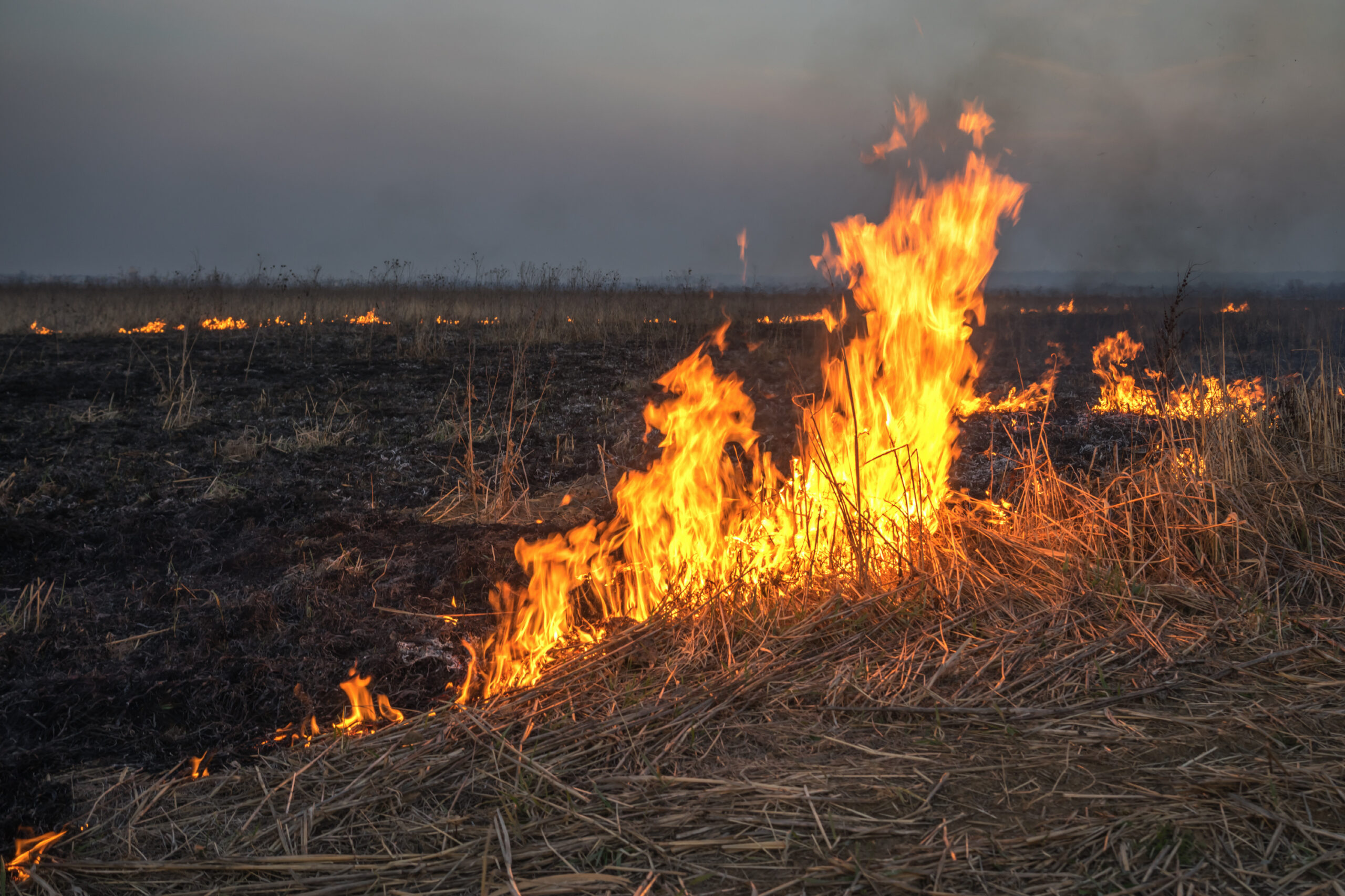Are Vanguard’s critics going too far?
It can be difficult to hear feedback from people outside your “family” or peer group. So, for example, when outsiders have criticism of your company, it can be easy to dismiss what they say as coming from people who don’t know what it’s really like working at Vanguard – even when those folks have the best intentions.
Fortunately, we don’t need to rely solely on outside sources to know that climate change poses a very real threat to the stability of global finance – and even to Vanguard’s own future. Vanguard’s own leadership has said so. Vanguard has acknowledged that climate risk is systemic financial risk. No one understands systemic financial risk better than you and your colleagues in financial services.
If greenhouse gas emissions continue at the current rate with no mitigation measures, temperatures will rise far beyond what scientists have agreed is a safe threshold– causing more frequent and more severe natural disasters, and rendering swaths of currently inhabited areas uninhabitable, displacing millions if not billions of people. Rising sea levels and heat stress resulting in land loss and crop failure, particularly in developing regions, could lead to substantial reductions in income and productivity, with the potential to wipe out up to 18 percent of global GDP in the next 30 years.
Climate change increases the amount of risk in our day to day lives. It’s creating more and more investment risk that we can’t ignore.
Vanguard Megatrends’ own research shows that even if one excludes the human and planetary impact of climate change it is economically better to limit warming to under 1.5 degrees Celsius. For some perspective, at the current rate of emissions, we are on track to hit over 3 degrees – twice what our global economic system can safely withstand.
In order to limit global warming to 1.5°C, we must adhere to a tight carbon budget, relying significantly less on fossil fuels. In turn, as more consumers, governments, and industries turn away from fossil fuels, the vast majority of existing coal, oil, and natural gas reserves will need to become “unburnable carbon.”
Thus, these previously in-demand commodities will now become stranded assets across different sectors and geographies, significantly diminishing the long-term value of fossil fuels.
Simply put, even for investors who are not deeply concerned with climate change’s ramifications for humanity, it simply makes good financial sense to steer away from investing in fossil fuels over the long term.
This is what is motivating your customers to ask you for climate-safe investment options and to improve your stewardship, whether they have the vocabulary to talk about stranded asset risk or not. Many institutional investors are in the process of lowering their climate risk exposure and if Vanguard does not do the same, the retail and workplace retirement clients of Vanguard will become the “holders of last resort” when these assets lose value.
Stranded assets will tank the value of fossil fuels; it’s a matter of when rather than if.
While stranded assets are a standard feature of the creative destruction of modern economic systems, the risk is especially high now. The latest report from top global scientists warns that energy companies could lose an estimated $4 trillion if temperatures reach 2°C warmer than pre-industrial levels.
Asset managers like Vanguard wield a tremendous amount of influence in guiding our economy safely through this crisis. Climate risk is investment risk, and it is a critical part of investors’ fiduciary duty to assess that risk and make changes to investment policy that align with a 1.5°C pathway.
What do you feel like Vanguard is doing well to tackle climate change? Where does it still have work to do? Let us know in our anonymous survey.
If you would like to join other Vanguard employees and customers who are working with Vanguard S.O.S., you can sign up to our newsletter here or email: info@vanguardsos.org.
